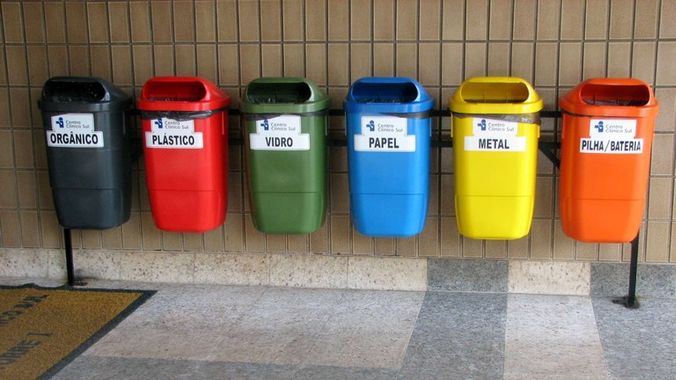
Three Horizons
In this post I make a suggestion for a positive, disruptive, innovation in (economics) education. This idea is based on an introduction of the Three Horizons of Bill Sharpe by Kate Raworth.

In this post I make a suggestion for a positive, disruptive, innovation in (economics) education. This idea is based on an introduction of the Three Horizons of Bill Sharpe by Kate Raworth.

In the book Layered Money, by Nik Bhatia, the idea of Bitcoin as a successor to the gold standard was introduced to me. To consider Bitcoin as an equivalent of gold from a monetary perspective was a whole new insight.

I recently finished Melanie Mitchell’s Complexity: A Guided Tour. One of the insights I gained from reading the book was the concept of an idea model applied to the Prisoner’s Dilemma.

I am not exactly sure if I heard him say it in his talk on 6 May 2021 as part of a series broadcasted by the Oxford Martin School, or if I read it in the first pages of his review, but it did provoke a train of thought, Sir Partha Dasgupta’s statement that “Welfare cannot be measured by GDP, since Welfare is a stock and GDP is a flow”.

I have been participating in a group that was reading Complexity: A Guided Tour, by Melanie Mitchell. In one of our last sessions we set the book aside and explored the complexity of the supply chain.

Accidentally I stumbled upon a disparity between the definition of Harberger’s triangle or deadweight loss as it is employed in a Dutch textbook I consulted as opposed to the way it is employed in my son’s A-level textbook or the IB textbook in our possession.

One of the things I find important in relation to a 21st century economics education is systems thinking. But when discussing systems thinking with interested others I often find that it is such a huge concept.

The latest update on what was achieved in April 2021.

We are in the process of redesigning our website. The main goal is to make it easier for teachers to find lesson materials. But this has a drawback on the publication of new posts.

Last weekend I watched an online lecture with the title “How We Got Addicted to Cars” brought by the University of Utrecht. The lecturer was the economist Julia Steinberger, Professor of Social Ecology and Ecological Economics at the University of Leeds.
I took something away from this lecture, that is much more profound to me than our addiction to cars, and very much in tune with the doughnut framework: The Systems of Provision Approach.